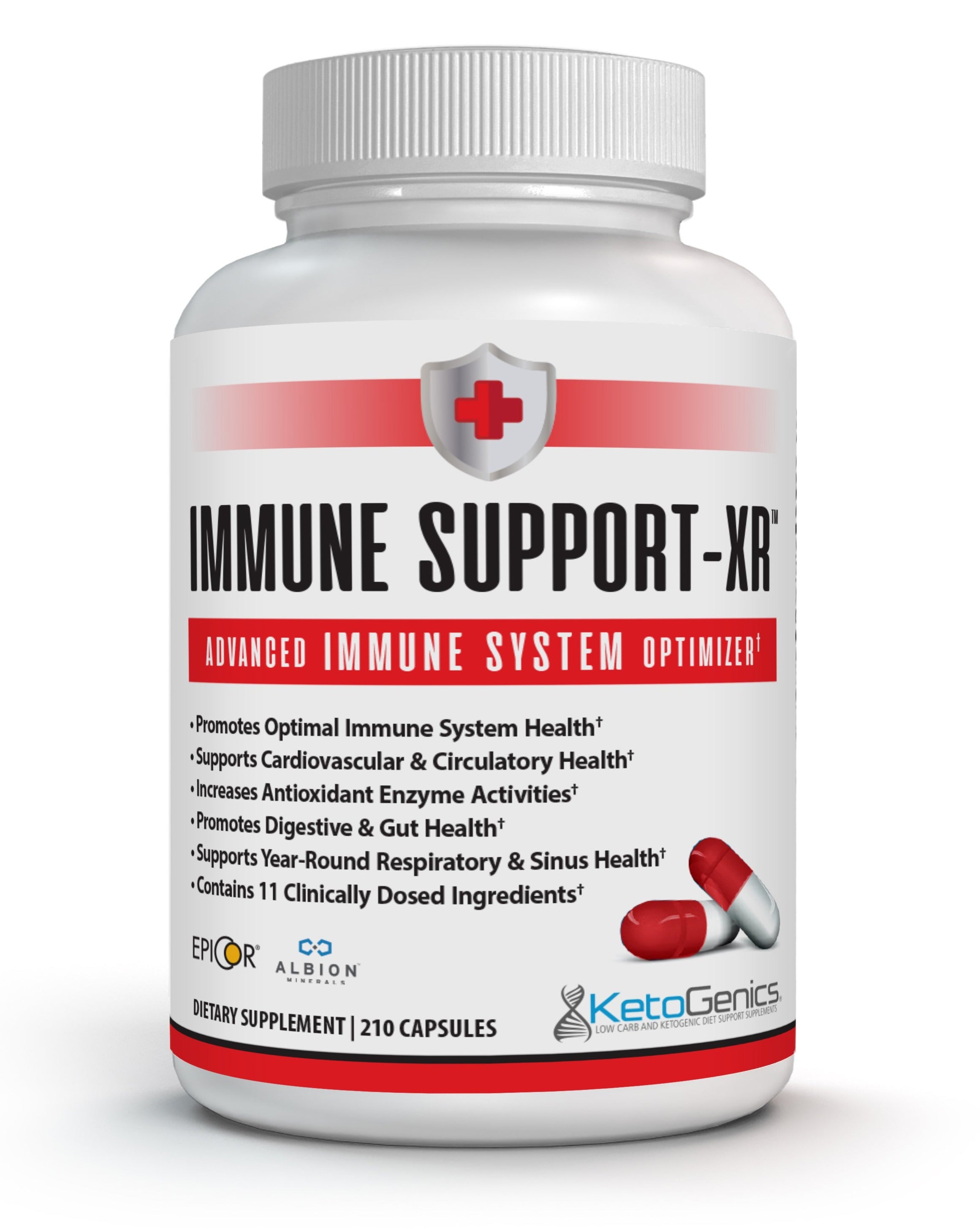
Boosting Immunity: Strategies for a Stronger Immune System
Maintaining a robust immune system is essential for overall health and well-being. In today’s world, where various stressors and environmental factors can compromise our immune function, it’s crucial to adopt strategies that support and strengthen our body’s natural defenses.
Understanding the Immune System: A Complex Network of Defenses
The immune system is a complex network of cells, tissues, and organs working together to defend the body against harmful invaders. From viruses and bacteria to fungi and parasites, the immune system’s role is to identify and neutralize potential threats. Understanding how this intricate system operates is the first step toward supporting its optimal function.
Nutrition as a Foundation: The Power of Immune-Boosting Foods
A well-balanced and nutrient-rich diet is fundamental to a healthy immune system. Incorporating a variety of fruits, vegetables, whole grains, and lean proteins provides the essential vitamins and minerals necessary for immune function. Key nutrients like vitamin C, vitamin D, zinc, and antioxidants play a vital role in supporting the immune response.
Hydration: A Simple Yet Effective Immune Support
Staying adequately hydrated is often overlooked but is a simple and effective way to support the immune system. Water helps transport nutrients, flushes out toxins, and ensures the proper functioning of cells involved in the immune response. Make a conscious effort to maintain good hydration throughout the day.
Quality Sleep: The Immune System’s Reset Button
Adequate and quality sleep is a crucial component of immune system support. During sleep, the body undergoes repair and regeneration processes, and the immune system releases cytokines that aid in fighting infections. Aim for 7-9 hours of quality sleep each night to ensure your immune system is functioning at its best.
Regular Exercise: A Boost for Immune Function
Engaging in regular physical activity has been shown to enhance immune function. Exercise promotes good circulation, which allows immune cells to move freely throughout the body. Find activities you enjoy, whether it’s walking, jogging, yoga, or dancing, and incorporate them into your routine for overall health and immune support.
Stress Management: Unburdening the Immune System
Chronic stress can have a detrimental impact on the immune system. When the body is under prolonged stress, it produces cortisol, which can suppress immune function. Incorporate stress-reducing practices such as meditation, deep breathing, or hobbies to help your body manage stress effectively.
Supplements: Bridging the Nutritional Gap
In some cases, it may be challenging to obtain all necessary nutrients from diet alone. Supplements can be a valuable addition to fill nutritional gaps. Vitamin C, vitamin D, zinc, and probiotics are common supplements that can support immune health. Consult with a healthcare professional before starting any supplementation.
Healthy Habits: Immune System Support in Daily Life
In addition to specific strategies, adopting overall healthy habits contributes to immune system support. Avoiding smoking, limiting alcohol intake, and maintaining a healthy weight are lifestyle factors that positively impact immune function. Consistency in these habits is key to long-term immune health.
Immune System Support: A Holistic Approach
In conclusion, supporting your immune system involves a holistic approach that encompasses various aspects of lifestyle and nutrition. By understanding the intricate workings of the immune system and implementing strategies like a nutritious diet, hydration, quality sleep, regular exercise, stress management, and, when necessary, supplements, you can empower your body to defend itself against potential threats.
To explore high-quality immune system support products, visit Immune System Support.
